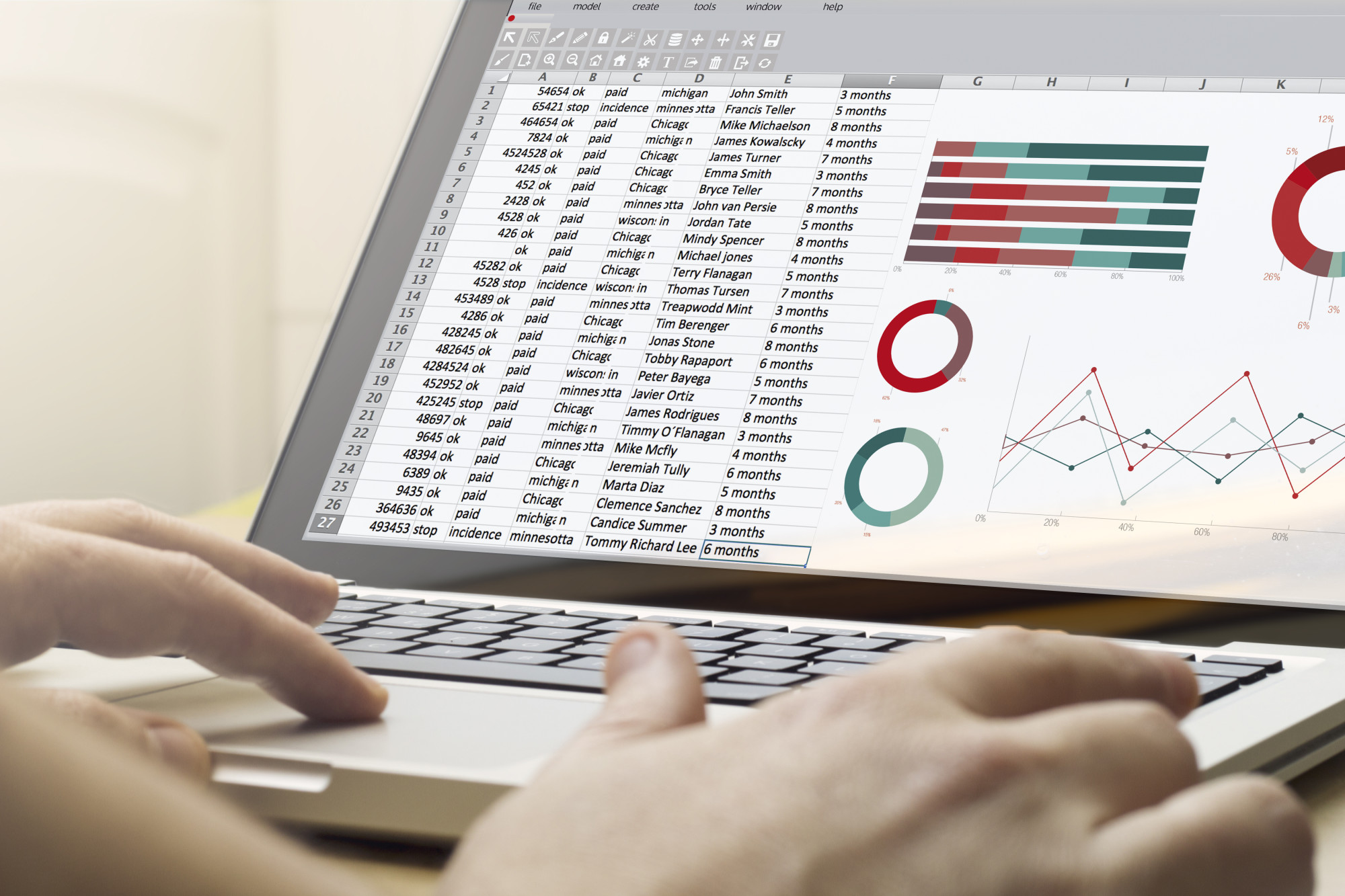Do you feel like you’re ready to become a real estate investor? You’ve probably done your research and figured out the ideal property to purchase, but many real estate investors overlook the intricacies of accounting.
When you buy a property with the intent of renting it out, you’re essentially starting a small business. That means you need to become familiar with business accounting practices.
Many new real estate investors and landlords make accounting mistakes when renting out their first property. Avoiding these mistakes will save you a lot of time and money.
In the article below, you’ll find a list of three common rental property accounting mistakes. Read on to learn how to avoid these common accounting missteps when creating your rental owner statements.
Failing to Digitize Everything
In today’s day and age, there’s no reason to focus yourself to sift through paper receipts. You may find yourself spending a lot of money on your rental property investment, and you should keep track of these expenses. You can write off business expenses at the end of the year, but only if you keep track of your receipts.
If you fail to digitize your receipts, you may end up losing track of them. Even if you do keep track of every receipt, it will be a nightmare to look through hundreds of paper receipts when it comes time to file your real estate tax returns.
Using Your Personal Bank Account for Rental Finances
It’s almost impossible to do proper rental property accounting if you keep your rental finances in the same account as your finances.
When you’re getting ready to buy a rental property, the first thing you should do is open a separate banking account for your rental property finances. You should also get a debit or credit card to use for purchases related to your rental property.
Waiting to Add Up Expenses
It’s a lot easier to keep track of your rental property expenses if you add everything up at the end of every month, as opposed to the end of the year.
If you don’t want to do the work of adding up your expenses, you may want to consider hiring a full-service property management company to handle your accounting. A property management company can track your rental income and provide you with detailed accounting reports for tax purposes.
Avoid These Mistakes in Rental Property Accounting
One of the best ways to avoid headaches during your time as a rental property owner is to pay close attention to your accounting practices. Not only will this help you track your property’s profitability throughout the year, but it will also make it much easier to file your tax return at the end of the year.
If you’re interested in hiring a property management company to handle your rental property accounting, get in touch with the expert team at Residential Equity Management.

